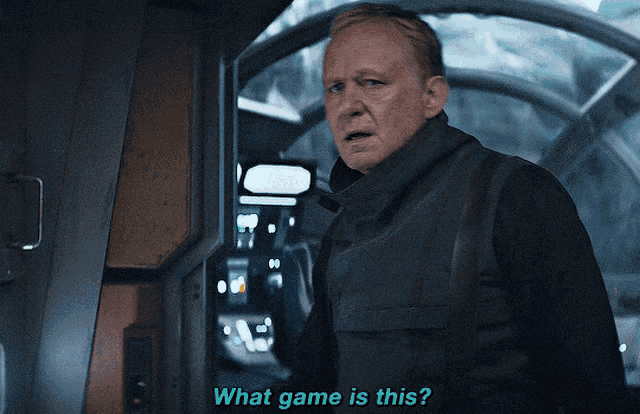Ender's Game, written by Orson Scott Card, is a novel that explores the complexities of warfare, leadership, and morality. The story follows young Andrew "Ender" Wiggin as he is trained to become a military genius and lead humanity in a battle against an alien race known as the Formics. Throughout the narrative, several ethical considerations arise, making readers question their own beliefs about right and wrong.
One of the most significant ethical dilemmas presented in Ender's Game is the use of children as soldiers. The novel raises questions about whether it is ever acceptable to exploit young minds for warfare purposes. This issue becomes even more pressing when considering that these children are being manipulated and controlled by adults who have their own agendas, often putting the well-being of the child soldiers at risk.
Another ethical consideration in Ender's Game is the concept of revenge versus forgiveness. After suffering numerous acts of violence and cruelty from his peers, Ender finds himself faced with an opportunity to exact vengeance on those who have wronged him. However, he must decide whether seeking retribution will ultimately lead to peace or further conflict within his ranks. This internal struggle highlights the importance of empathy and understanding in resolving conflicts rather than resorting to violence as a means of resolution.
In conclusion, Ender's Game serves as an excellent platform for discussing various ethical considerations that arise during times of war and conflict. By examining themes such as child exploitation and revenge versus forgiveness, readers are encouraged to reflect on their own beliefs about morality and the consequences of our actions. Ultimately, these discussions can help us become more thoughtful citizens capable of making informed decisions when faced with similar situations in real life.
